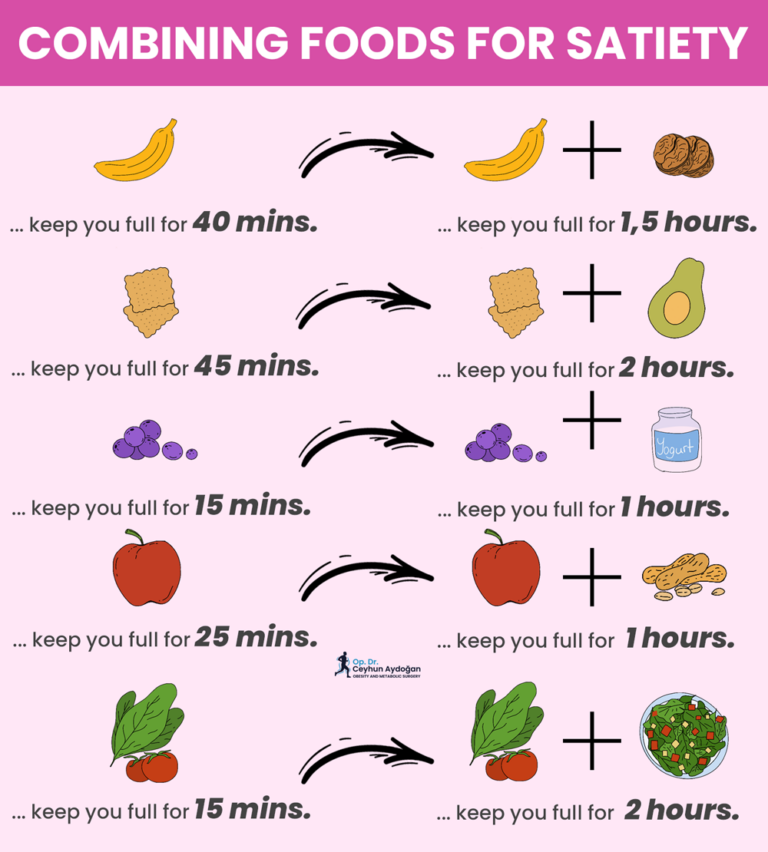Diet before gastric sleeve is a matter of readjustments and improvement, it might be guided to you by your doctor if necessary before bariatric surgery. However, you might find yourself going off the lane from your diet unintentionally therefore it’s best to monitor what is being consumed. gastric sleeve pre op diet cheating or unawareness might cause inconvenience to an extent.
The pre-op diet’s purpose is not to only increase the chances of surgical success but also to welcome you with a new perspective to a new lifestyle with numerous health benefits starting from the first 1-3 weeks of diet before the operation. Let’s go through what goes around cheating and how to get back on track within a short period of time.
What happens if you cheat on your pre op diet?
Cheating on pre op diet gastric sleeve is unseemly to the surgical procedure because it increases the risk of potential complications. The idea of the pre-op diet is to increase the chances of the success rate of the procedure. Some of the negative points that would trigger the surgery are:
Not shrinking your liver enough: A decrease in liver size is the idea of the pre-op diet, and eating out of order will not help the liver shrink. Therefore it may lead to complications during surgery.
Surgery postpones: Your surgeon might have to cancel the surgery if the physical examination shows that you are unsafe to undergo surgery. Everything is checked before surgery to ensure safety, the diet program has great potential to be gone under surgery.
Extensive healing period: Gastric sleeve pre op diet Cheating may increase healing and recovery longevity. Furthermore, you may also feel discomfort such as vomiting, nausea, and more.
Challenges in post-op adjustment: Being loyal to the diet will increase the courage to be stable with the diet and will help you adjust your body to the post-op diet. You might face more difficult challenges with post-op lifestyle and cope with the guideline as before and after diets are similar.
Following the pre-op guideline puts the expectancy of both surgical success and a high percentage of weight loss in the early months. This journey requires teamwork with your surgery team to accomplish what is desired and what is best for you health-wise.
How can I get back on track?
The pre-operative diet can be overwhelming for some people and it’s understandable, that it is expected to have to ups and downs in the beginning. What you need to get back on track is simply following the guidance given by your healthcare provider. Here are some of the ideas you need if it is necessary:
- Don’t push yourself too hard to the limit, also do not skip a meal if you cheated the day before or earlier in the day. You can improve the next day and have a better approach to the diet given with more positivity and will.
- Schedule your meals by revising your given plan by time, portion, and types of food. Day by day it will become easier and more routine alike sort of behavior. That way it will open an eye to what attracts the eye to healthier habits.
- Update your kitchen and get rid of fast food alike such as frozen pizza or 3-minute noodles. You can replace it with fruits, veggies, and greens. Unless you’re an outdoor eater, you can change your lane from fast food trucks or restaurants to healthier choices, mainly cooked instead of fried food.
- Hydration is one of the essences on daily bases. Have a glass of water before your meal to motivate feeling fullness and satisfaction after a few bites per meal. Your body benefits from water for your overall health and you can put a goal where you push yourself to drink at least 1.5 liters of water per day.
Everything starts with baby steps, you always have time to improve your diet. Furthermore, it’s always a good idea to seek support from your dietitian or doctor if you question “How can I get back on track?” or have confusion or difficulties with the pre-op diet process.
Tips to not to cheat on your pre op diet
As simple as it gets, you don’t need luxurious and top-notch food, a combination of fruits, nuts, and greens would do the job miraculously. Therefore you would not worry about gastric sleeve pre op diet fail and be prepared for the operation with no risk of complication.
You may be handed many choices and plans given as a diet before surgery by your doctor. There might not be specific plates but only substances, so you mix and match within the responsible portions to avoid cheating before gastric sleeve surgery. All you need in your pre-bariatric diet plan are fibers, protein, and enough water, however, you also need to stay away from high-GI foods.
Fiberious carb choices
The options vary for fibers in your diet that has also low carbs in it, including lean meat, low-glycemic fruits, and low-carb veggies. Here is a table of a few options for consideration of food substances from each category:
| Low-GI fruits | Non-starchy vegetables | Lean meat |
| Berries | Asparagus | Skinless chicken breast |
| Apple | Tomato | Turkey |
| Cherries | Carrot | Steak |
| Peaches | Cucumber | Grilled fish |
The reason for specific types of food when it comes to fruits, veggies, or meat, is to regulate liver size to a smaller version. The avoidance of gastric sleeve cheat on liver reduction diet holds a lot of benefits such as habitation and preparation and routine alike training for post-op life.
That gradually helps you to nourish your body and in advance lose weight before surgery which helps quite significantly to reduce the risks of complications. These small actions and simply choosing one item instead of the other is a life-changing opportunity both physically and mentally.
Remember, each category requires a way of consuming for example, you can eat a cup size of cut fruit, cooked non-starchy vegetables, also, 3-4 ounces of lean meat per meal. You can check the guidelines given to you if it specifies your personal case or by contacting your health care provider for diet consultation.
Protein-rich plate
Protein-rich plate for a daily diet is nutritious for muscle build-up, healing tissue, and more. The importance of this consumption is how it’s prepared and the amount per meal. What you need to avoid is frying your protein whether it’s meat or chicken, and instead boil or grill it. In terms of portion, 80-110 grams (3-4 ounces) of protein per meal would be sufficient.
In case you follow a vegetarian or vegan diet, you can always find great plant-based protein options to stay balanced health-wise. You can go nuts with nuts and seeds such as walnuts, almonds, and what comes in that family category. You can also depend on different legumes and pulses options such as peas, lentils, and beans. You can always discuss further options by consulting your dietitian in case of allergies or intolerance to any substances.
Stay away from high-GI foods
What is high-GI food and why should we stay away from it? Any source of food or drinks that causes rapid high or low sugar levels in your blood causes diet imbalance. Foods that increase the blood sugar level rapidly irregulate your hunger hormones and make you consume more food thinking that you did not store the required body essentials. High carbs cause a set of problems such as unsatisfactory and fulfilled after a meal, weight gain, and nutritional imbalance.
Consumption of High-GI foods is considered cheating on gastric sleeve pre op diet and the consistency of it will cause losing track of the guidelines that your doctor recommends. Some food you can avoid is white bread, refined sugars, sugary/carbonated beverages such as soda, and alcohol consumption.
Combine your options
It is always fun to mix between different categories in a pre-surgery diet and there are many different options you can go with. You might wonder, why it is a good mix between fruits and nuts. Having a piece of fruit followed by nuts helps make you feel full. A fruit alone will fulfill you for approximately half an hour, but mix it with healthy fats that nuts have and you’re satisfied for about 2 hours.
Here are some of the combinations you might find fun:
- Banana and walnuts.
- Apple and nuts or almond butter
- Bowl of greens mixed with cheese, tomatoes, onions, and cucumber.
- Greek yogurt and berries
- Wheat crackers and avocado
These are only a few options, you can combine more options together as long as the portion is reasonable and healthy food. These healthy habits will make the journey more fun and tasteful all the way and still lose excess weight before the surgery.

Drink enough water
Hydration is good for your body function before and after surgery, in case you do not consume enough water on daily bases, a pre-op diet is your chance to make a change. Let’s put water under the microscope and see how your body benefits from it, especially for losing weight. Whilst you have your daily meals, your body doesn’t get rid of the fat cells immediately during the weight loss process. First, the cells become empty. Then, the fat cells get filled up with water. When you continue your diet, the fat cells get rid of the water too and they shrink.
It also helps with muscle build and growth, on top of it you will feel more fulfilled drinking water before a meal. The importance of body nourishing with water benefits uncourteously, and most obviously to avoid dehydration.
Try to consume 2 liters of water per day because it also filters your organs and keeps them clean. You can consider a new habit such as drinking a glass of water before a meal to help feel full and satisfied. Furthermore, it will be like muscle memory to reach for the water after the surgery as well, because it’s important every day without any exception. Overall it will most probably help you avoid gastric sleeve pre op diet cheating.
Taube-Schiff M, Chaparro M, Gougeon L, et al. Examining Nutrition Knowledge of Bariatric Surgery Patients: What Happens to Dietary Knowledge over Time? Obes Surg. 2016;26(5):972-982. doi:10.1007/s11695-015-1846-9
Bettini S, Belligoli A, Fabris R, Busetto L. Diet approach before and after bariatric surgery [published correction appears in Rev Endocr Metab Disord. 2020 Aug 17;:]. Rev Endocr Metab Disord. 2020;21(3):297-306. doi:10.1007/s11154-020-09571-8
David B. Sarwer, Thomas A. Wadden, Reneé H. Moore, Alexander W. Baker, Lauren M. Gibbons, Steven E. Raper, Noel N. Williams, Preoperative eating behavior, postoperative dietary adherence, and weight loss after gastric bypass surgery, Surgery for Obesity and Related Diseases, Volume 4, Issue 5, 2008, Pages 640-646, ISSN 1550-7289

